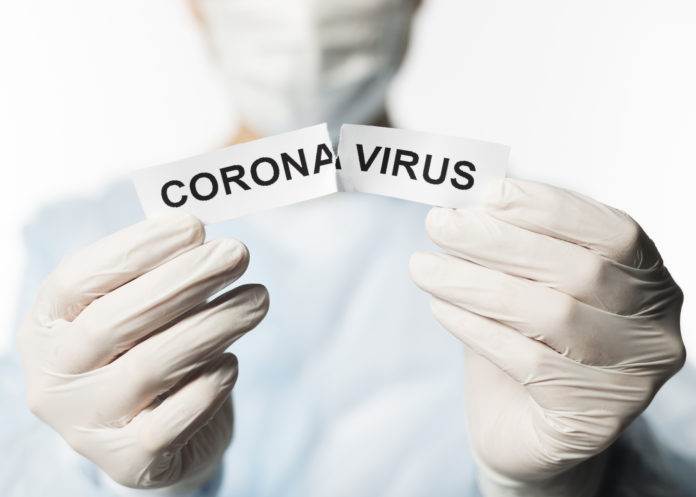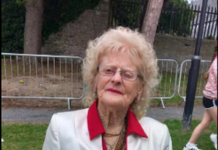
MORE than 360 people have died with and potentially from COVID-19 in the midwest region, a year after the first confirmed case was detected in Co Clare.
Marking the anniversary, the region’s health chiefs who are headquartered in Limerick, jointly thanked frontline workers and the public for their efforts in tackling the spread of the virus, and asked people “to continue their fight against the virus so that our most vulnerable and at-risk can get a chance to avail of the vaccine”.
“The past 12-month period has been one of the most challenging in living history for the public, frontline healthcare workers, and society,” said a spokesman for Department of Public Health Mid West.
There were 17,425 cases recorded in the region between March 4, 2020 and February 28, this year, with the majority of cases notified in 2021, including 8,903 in January, plummeting to 1,613 in February.
The majority of cases in the region have been in Limerick (10,502), followed by Clare (4,597) and North Tipperary (2,326).
As of February 28, there have been 364 confirmed and possible deaths associated with COVID-19 in the region, with an age range of 42 to 105 years.
Latest figures show that in mid-January, there were more than 1,450 healthcare staff in the Mid-West on COVID leave due to being close contacts, and suspected or confirmed cases, across the UL Hospitals Group, HSE Mid-West Community Healthcare services, as well as private long-term care facilities.
Despite “the resilience and determination of every community to prevent the spread of this disease”, health chiefs warned the battle against the virus is far from over.
“We are now at a critical time of the pandemic where we have an opportunity to suppress this virus while allowing our most vulnerable get vaccinated. If we can achieve both, we can save lives and it enable us to swiftly investigate new COVID-19 cases when they arise,” said Dr Mai Mannix, Director of Public Health Mid-West.
“But this is only possible if we act this very minute. We acknowledge the fatigue many are feeling, but this virus wants us to be fatigued so we drop our guards.”
Dr Mannix said her team who are monitoring and investigating sources of the spread of the virus are still “seeing evidence across all ages and a range of settings, including family gatherings, household visits among neighbours, small and large social events“ of people “not using appropriate PPE and distancing in some workplaces”.
“We still see simple interactions leading to inter-county outbreaks across multiple settings.”
Colette Cowan, CEO, UL Hospitals Group, said that, while “hope is on the horizon, the battle that has cost us all so much personal and professional sacrifice is not over yet”.
“Vaccination will take time to complete, and until a significant majority of the population is vaccinated, we must continue to adhere to the restrictions that have helped the healthcare frontline to prevail against the disease.”
Maria Bridgeman, Chief Officer, HSE Mid West Community Healthcare, remarked that, “despite a current trend of decreasing case numbers, we are appealing to the public to reduce any risks posed to them by adhering to the public health guidelines“.
“Large numbers of staff (have been) affected by COVID-19 and, as a result, not available for work. If case numbers increase again it will have a real impact on the vulnerable people in our society, staff and the wider community.”
Ms Bridgeman reminded people, “social gatherings and household visits have real consequences, none of us want to see the current level of restrictions continue indefinitely, so please adhere to the public health guidelines, stay at home, and limit your contacts”.
“Holding firm and doing the right thing makes a real difference,” she said.










